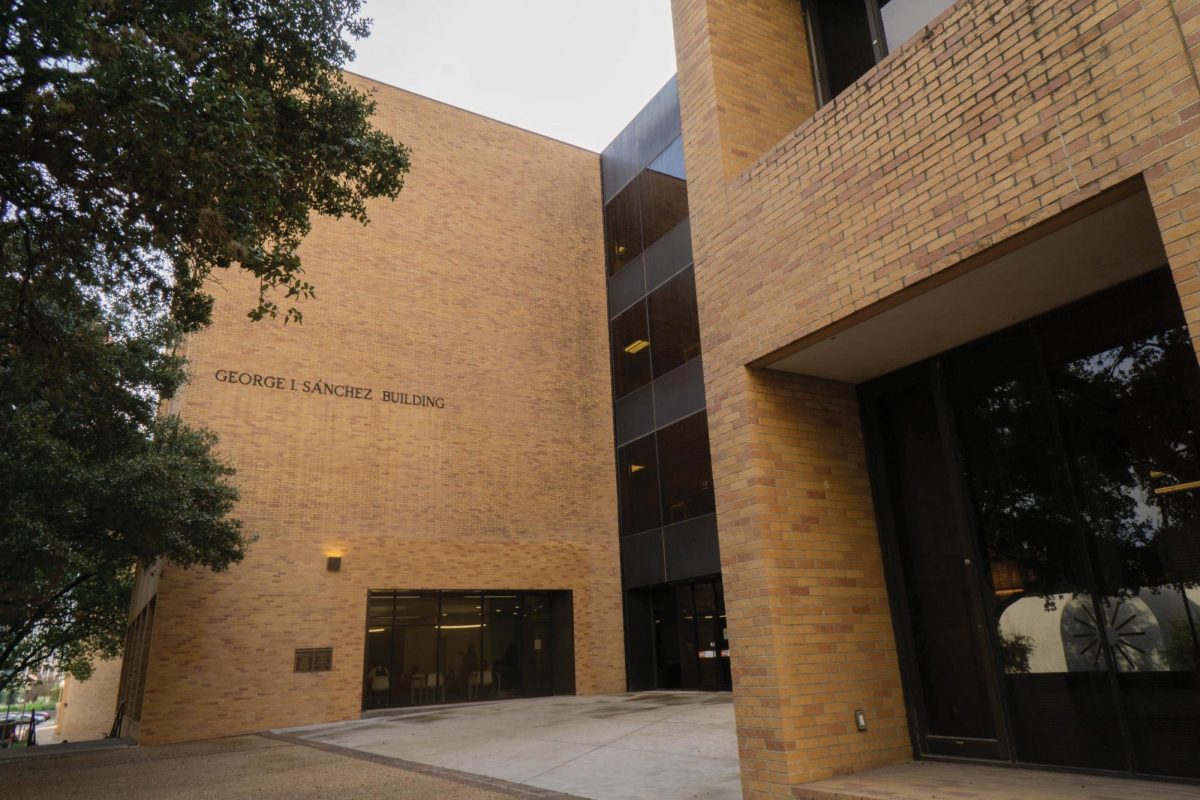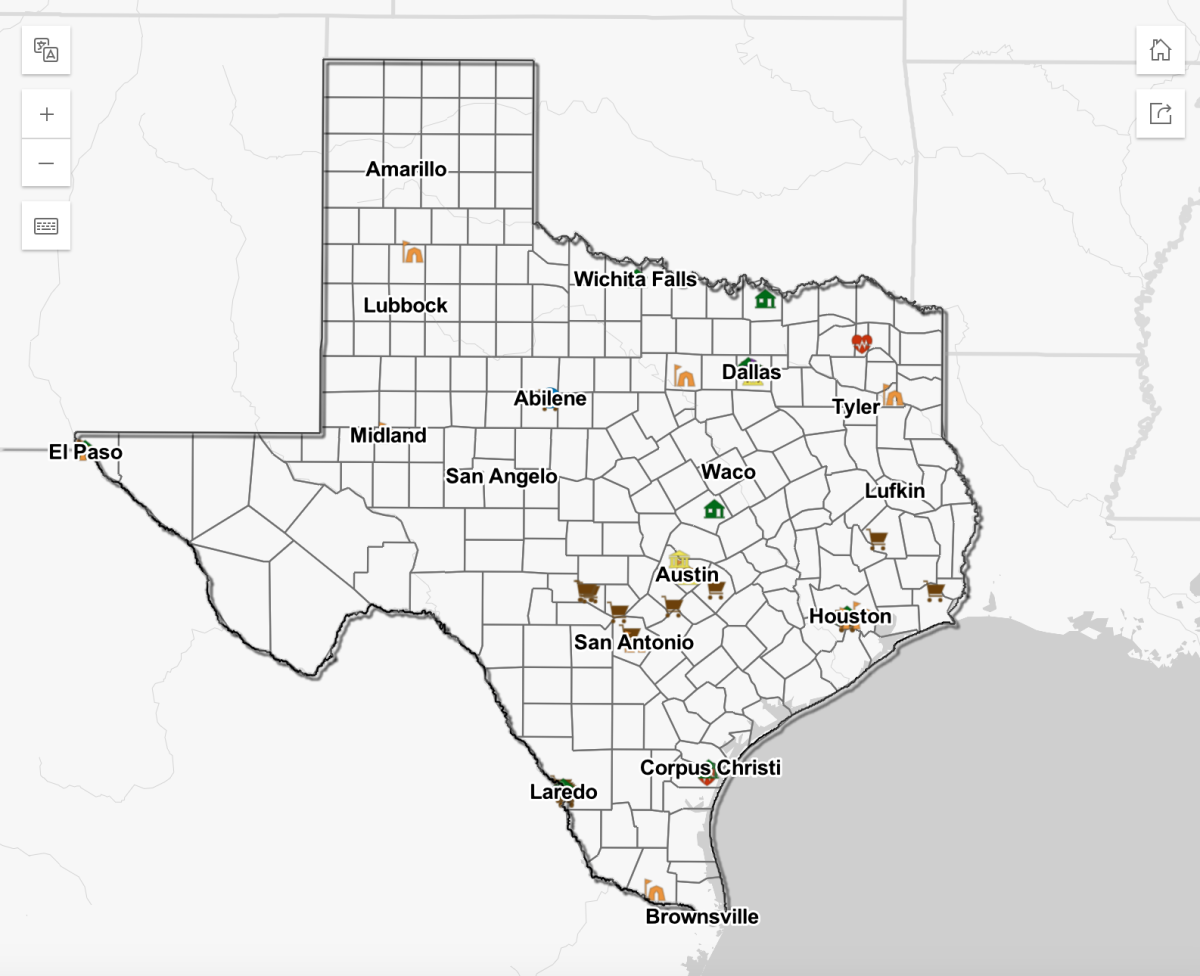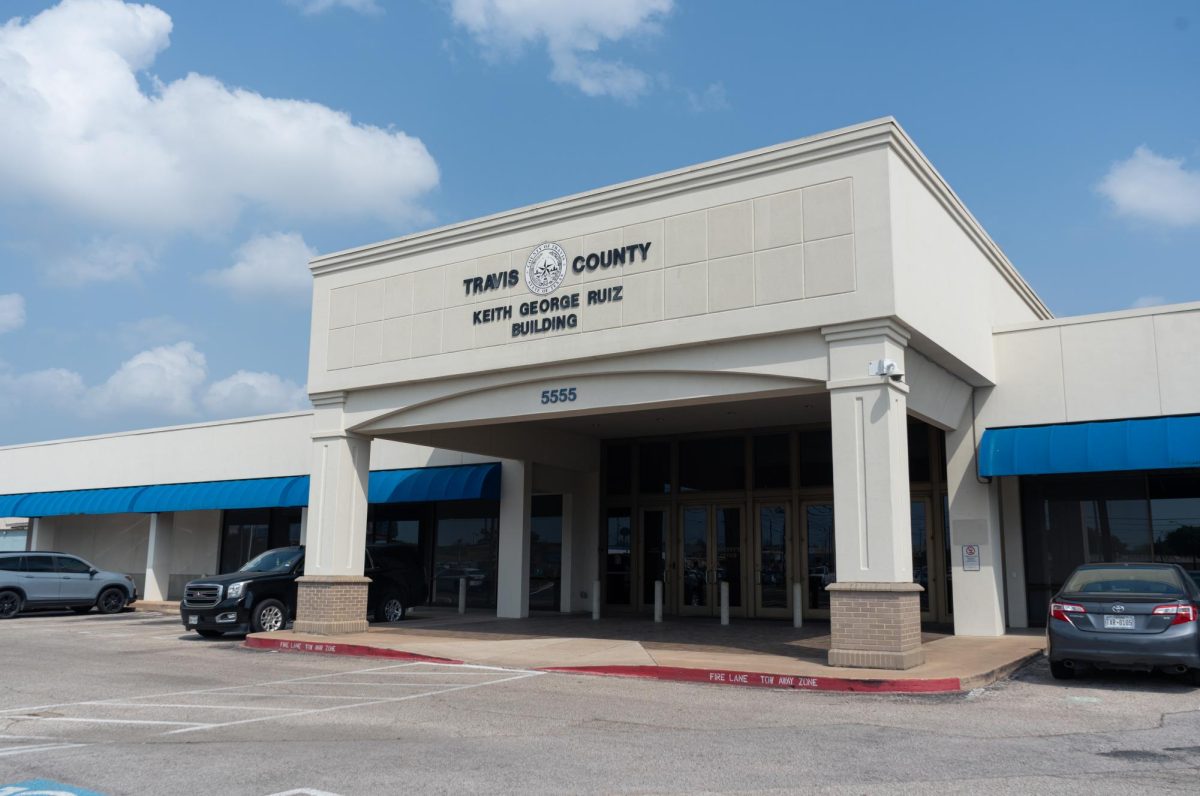The Texas Senate passed a priority bill during a special legislative session on Oct. 12 that would create a school voucher program allowing parents to use state money for private school.
Senate Bill 1 would establish a voucher program called Education Savings Accounts. The program plans to allot $8,000 in taxpayer funds to parents to pay for private school tuition and other educational expenses including textbooks, uniforms and transportation. While the bill passed in the Senate, the House is working on a different version of the program.
Texas funds public schools through a basic allotment of $6,160 per student in attendance per day. Daniel Dawer, a doctoral candidate in educational policy and planning, said the proposed program incentivizes parents to remove their children from public schools, lowering enrollment and decreasing their state funding.
“We’re sitting on a historic budget surplus right now that could be used to increase the state portion of public education funding,” Dawer said. “(But) it’s a lot harder to access that money to increase the state’s contribution for public education if that money is going to private schools.”
Dawer said private schools lack the same accountability and transparency standards that public schools have. He said although private schools would receive public funds, the proposed law prohibits the state from interfering with their admissions policies.
“Private schools are free to deny admission to students who have learning disabilities on the grounds that they don’t have the resources or the interest in serving them,” Dawer said. “They can deny admission to students whose identities don’t align with the mission of the school, (like) LGBTQ+ students (or) students who don’t align with the faith-based mission of the school.”
David DeMatthews, a College of Education associate professor, said the $8,000 allotment in the savings accounts funds will mostly benefit those who can already afford private school as the funds will not cover quality private school tuition, particularly for special education students with specific needs. Rather, DeMatthews said, the legislative session should increase teacher pay and improve conditions to attract and keep qualified teachers.
“Any politician who was really serious about improving public education, before they even thought about a voucher, would make sure that the teacher workforce is prepared and supported, (so) they have a sustainable profession where they can become masters of their craft and have the biggest impact on students,” DeMatthews said. “That is not happening in Texas.”
Gov. Greg Abbott said he would only add teacher pay and public school funding to the special session agenda once a voucher program passed both legislative chambers.
Zainah Elsaid, an applied learning and development senior and member of Urban Teachers, said she wants to teach underserved students in public schools. However, she is apprehensive a voucher program will encourage teachers to leave public education for more desirable private schools.
“I’m worried we’re gonna see a lot of (underserved) communities suffering more and more because they’re not being met with teachers who see in them what’s actually there, which is a lot of effort, strength and intelligence,” Elsaid said.
Before the special session opened on Oct. 9, public school advocates voiced their opposition to ESA’s at the Capitol on Oct. 7. State Rep. Jolanda Jones of District 147, representing parts of central and southern Houston, said the session should focus on using Texas’ budget surplus to fund public schools.
“I believe in public education,” Jones said. “(Abbott) can call five, 10 or 20 more special sessions and I’m going to be here because the kids of Texas deserve for us to stand for them.”














